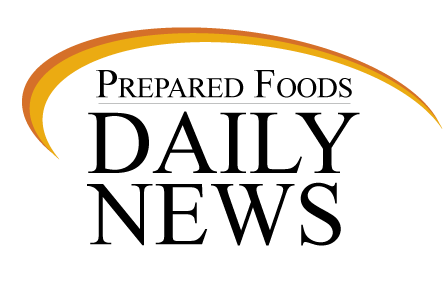FrieslandCampina’s route2020 strategy is designed to increase worldwide its position in dairy-based beverages, infant nutrition and branded cheese and to generate maximum value for the milk produced by the cooperative’s member farmers.
According to Cees ‘t Hart, CEO of Royal FrieslandCampina N.V., “FrieslandCampina wants to grow in various markets and product categories. This is the first major acquisition since the merger between Friesland Foods and Campina. This acquisition strengthens our brand portfolio and our position in South Eastern Europe, one of the spearheads of our route2020 strategy.”
Imlek has activities under various brand names in Serbia, Montenegro, Bosnia and Herzegovina, and the Former Yugoslav Republic of Macedonia, while Mlekara Subotica has activities in Serbia. This, together with FrieslandCampina’s current activities in Hungary, Romania and Greece, will give the group access to a total of about 76 million consumers in the region. The combination with FrieslandCampina’s existing activities in the South-East Europe region creates a strong basis for further growth.
As Slobodan Petrovic, CEO of Imlek explains, “It is a great opportunity for the region, Imlek, Mlekara Subotica and FrieslandCampina. Our product portfolios fit well with FrieslandCampina’s current brand portfolio. I am confident that both companies will flourish under the FrieslandCampina flag and to the benefit of their consumers.”
Imlek and Mlekara Subotica operate as independent dairy companies in the Western Balkans. Together they serve markets of around 25 million consumers. The total turnover amounts to approximately 270 million euro. Imlek holds a strong position with its brands in the Serbian retail market and will provide an attractive entry point into the Western Balkans as it is also well placed in neighboring markets. It has a portfolio of well-known, established brands with strong positions in the markets for ready to drink milk, yoghurt, cheese and cream products. The brand portfolio of Mlekara Subotica consists mainly of added-value products, which account for more than half of its revenues and comprise various fermented and specialty products such as spreads and cheeses. Around one third of its revenues is attributable to ready to drink milk products (long-life and fresh).
Together the companies have around 1,470 employees at six production plants and four head offices in Serbia, Bosnia and Herzegovina, and the Former Yugoslav Republic of Macedonia. After the acquisition, the total number of FrieslandCampina employees in South-East Europe will increase to around 3,900, with a total of 14 plants processing milk for the market.
Both parties expect the deal to be completed in the next few months. In case both parties come to a final agreement, the takeover bid will be in local currency and in accordance with local legislation will be open to minority shareholders. The acquisition will be debt financed. It has been agreed not to make any further comments before the end of the negotiations.
The closing of the transaction is subject to various conditions, including completion of due diligence by the buyer, agreement on the final transaction documentation and receipt required regulatory approvals, amongst others local competition authorities. The Central Works Council of FrieslandCampina is involved.
From the February 3, 2012, Prepared Foods' Daily News.
